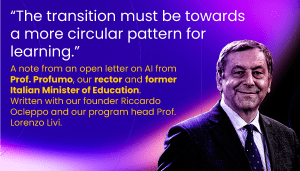Over the past few months, Australia’s crypto industry has undergone a rapid transformation following the government’s proposal to establish a stricter set of digital asset regulations.
A series of recent enforcement measures and exchange launches highlight the growing maturation of Australia’s crypto landscape.
Experts remain divided on how the new rules will impact the country’s burgeoning digital asset industry.
New Crypto Regulation
On March 21, the Treasury Department said that crypto exchanges and custody services will now be classified under similar rules as other financial services in the country.
“Our legislative reforms will extend existing financial services laws to key digital asset platforms, but not to all of the digital asset ecosystem,” the Treasury said in a statement.
The rules impose similar regulations as other financial services in the country, such as obtaining a financial license, meeting minimum capital requirements, and safeguarding customer assets.
The proposal comes as Australian Prime Minister Anthony Albanese’s center-left Labor government prepares for a federal election on May 17.
Australia’s opposition party, led by Peter Dutton, has also vowed to make crypto regulation a top priority of the government’s agenda if it wins.
Australia’s Crypto Growth
Triple-A data shows that 9.6% of Australians already own digital assets, with some experts believing new rules will push further adoption.
Europe’s largest crypto exchange, WhiteBIT, announced it was entering the Australian market on Wednesday, March 26.
The company said that Australia was “an attractive landscape for crypto businesses” despite its complexity.
In March, Australia’s Swyftx announced it was acquiring New Zealand’s largest cryptocurrency exchange for an undisclosed sum.
According to the parties, the merger will create the second-largest platform in Australia by trading volume.
“Australia’s new regulatory framework is akin to rolling out the welcome mat for cryptocurrency exchanges,” Alexander Jader, professor of Digital Business at the Open Institute of Technology, told CCN.
“The clarity provided by these regulations is set to attract a wave of new entrants,” he added.
Jader said regulatory clarity was “the lifeblood of innovation.” He added that the new laws can expect an uptick “in both local and international exchanges looking to establish a foothold in the market.”
However, Zoe Wyatt, partner and head of Web3 and Disruptive Technology at Andersen LLP, believes that while the new rules will benefit more extensive exchanges looking for more precise guidelines, they will not “suddenly turn Australia into a global crypto hub.”
“The Web3 community is still largely looking to the U.S. in anticipation of a more crypto-friendly stance from the Trump administration,” Wyatt added.
Read the full article below:




